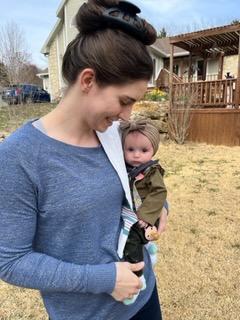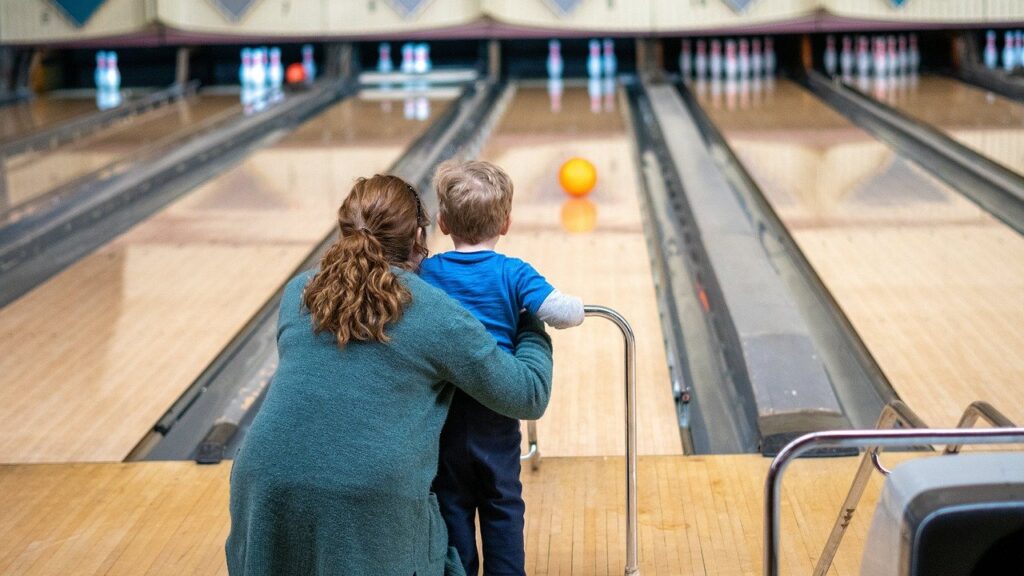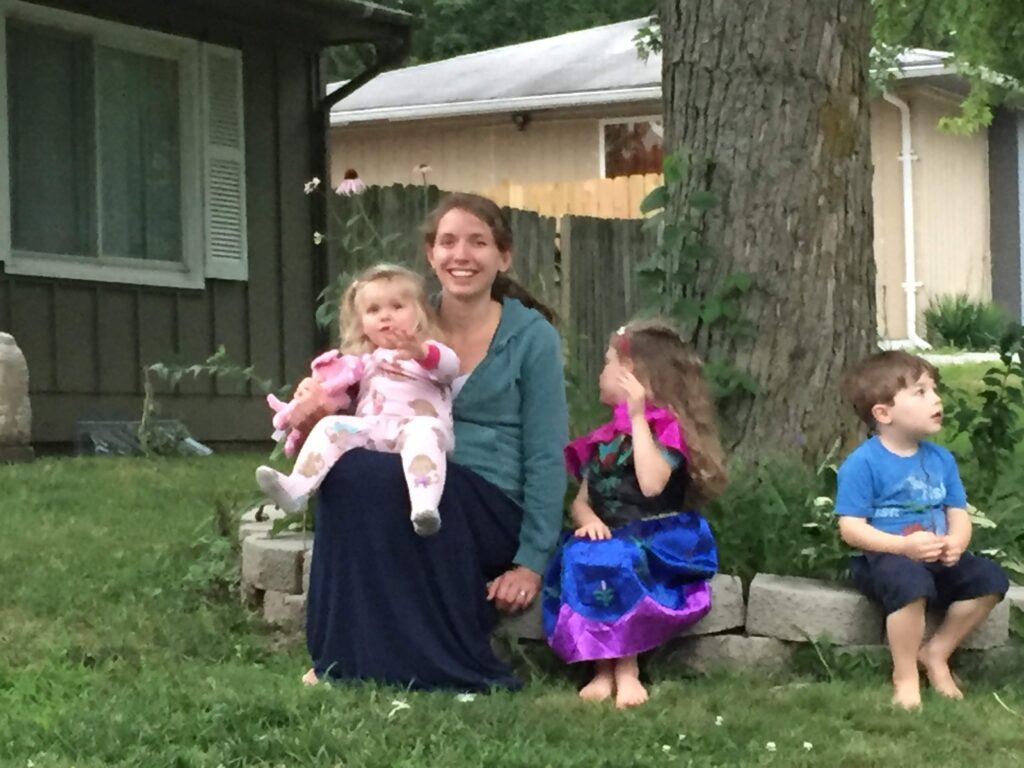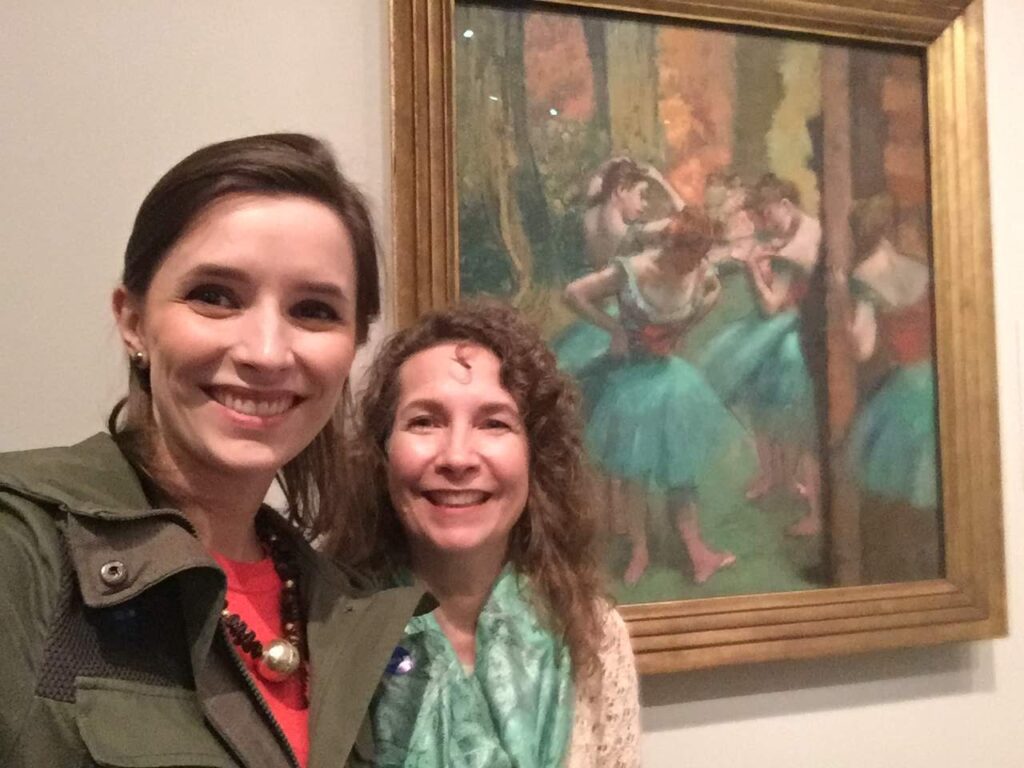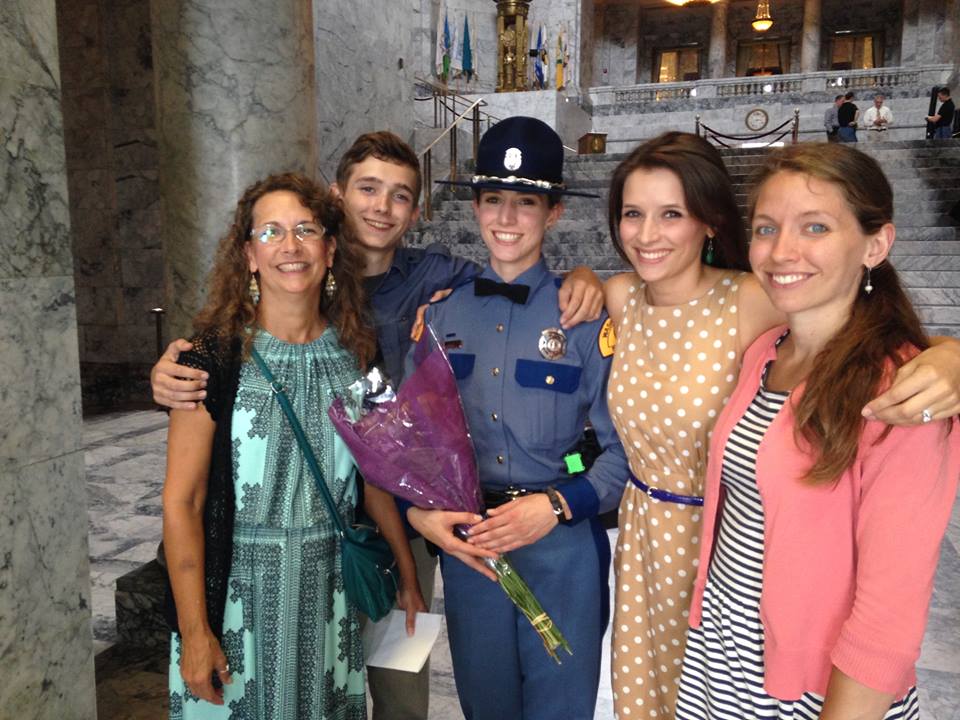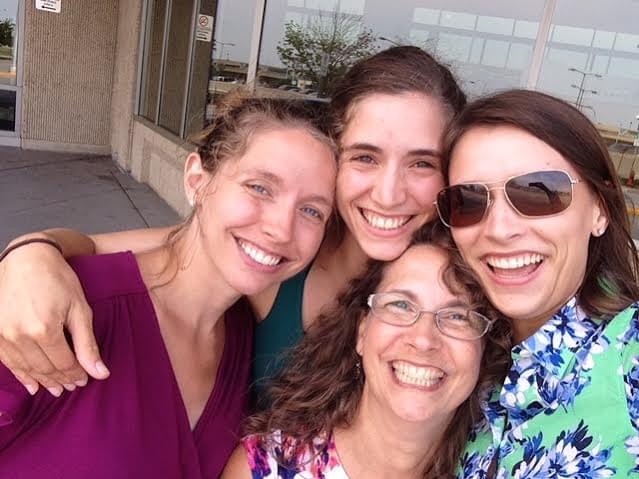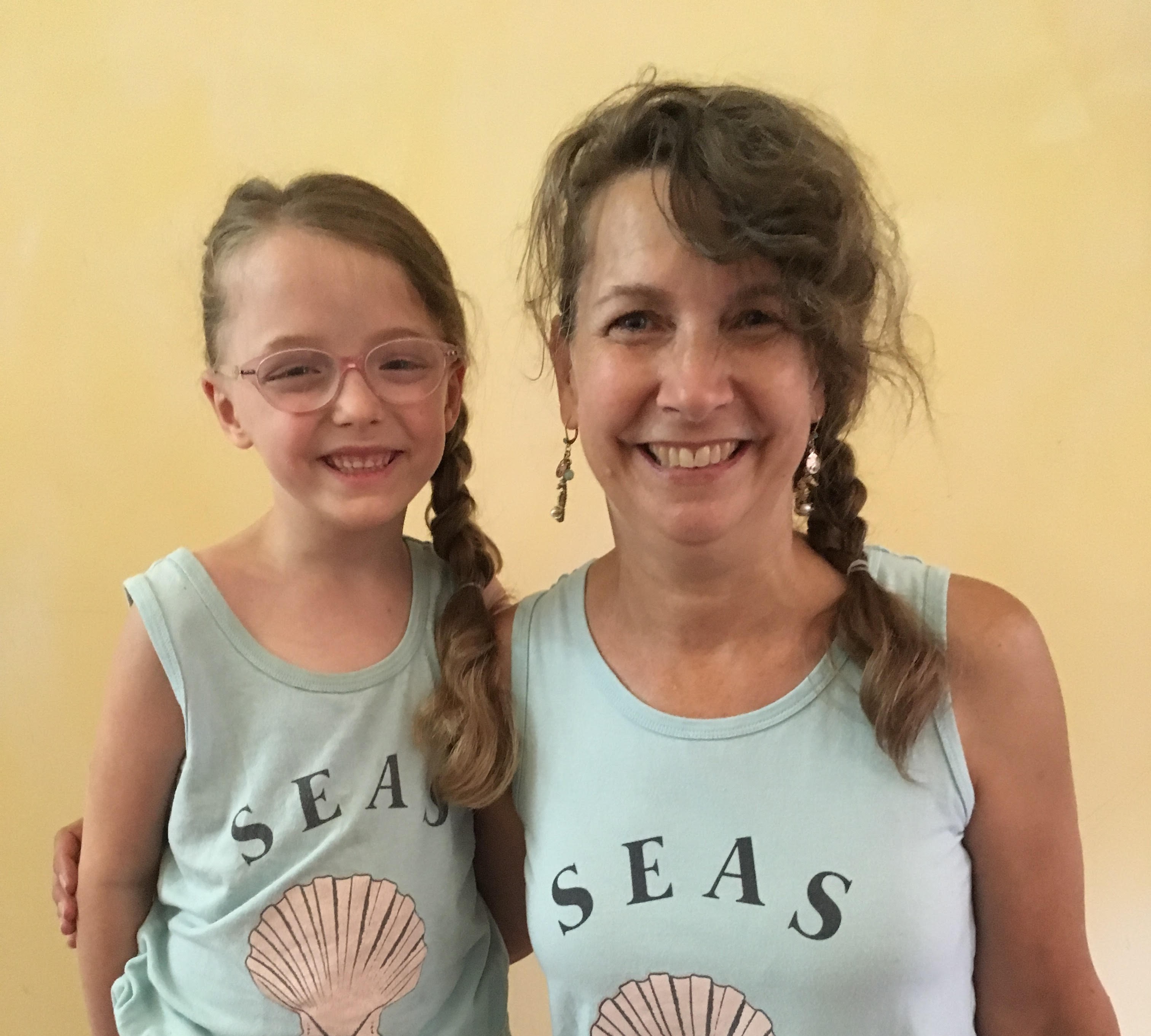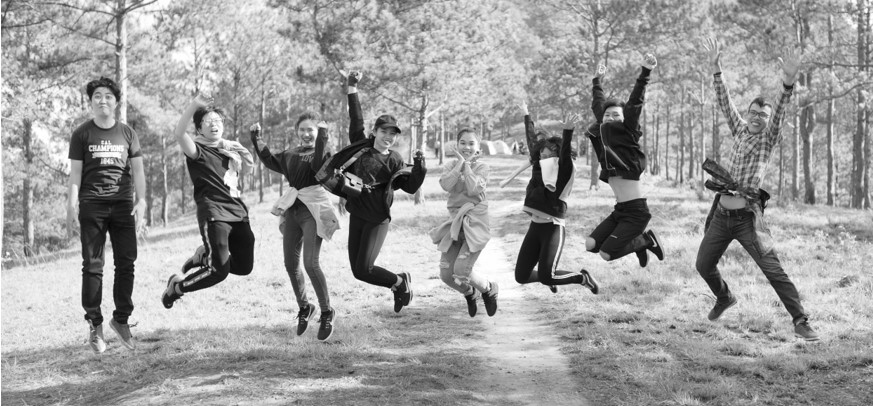Expensive Reminders
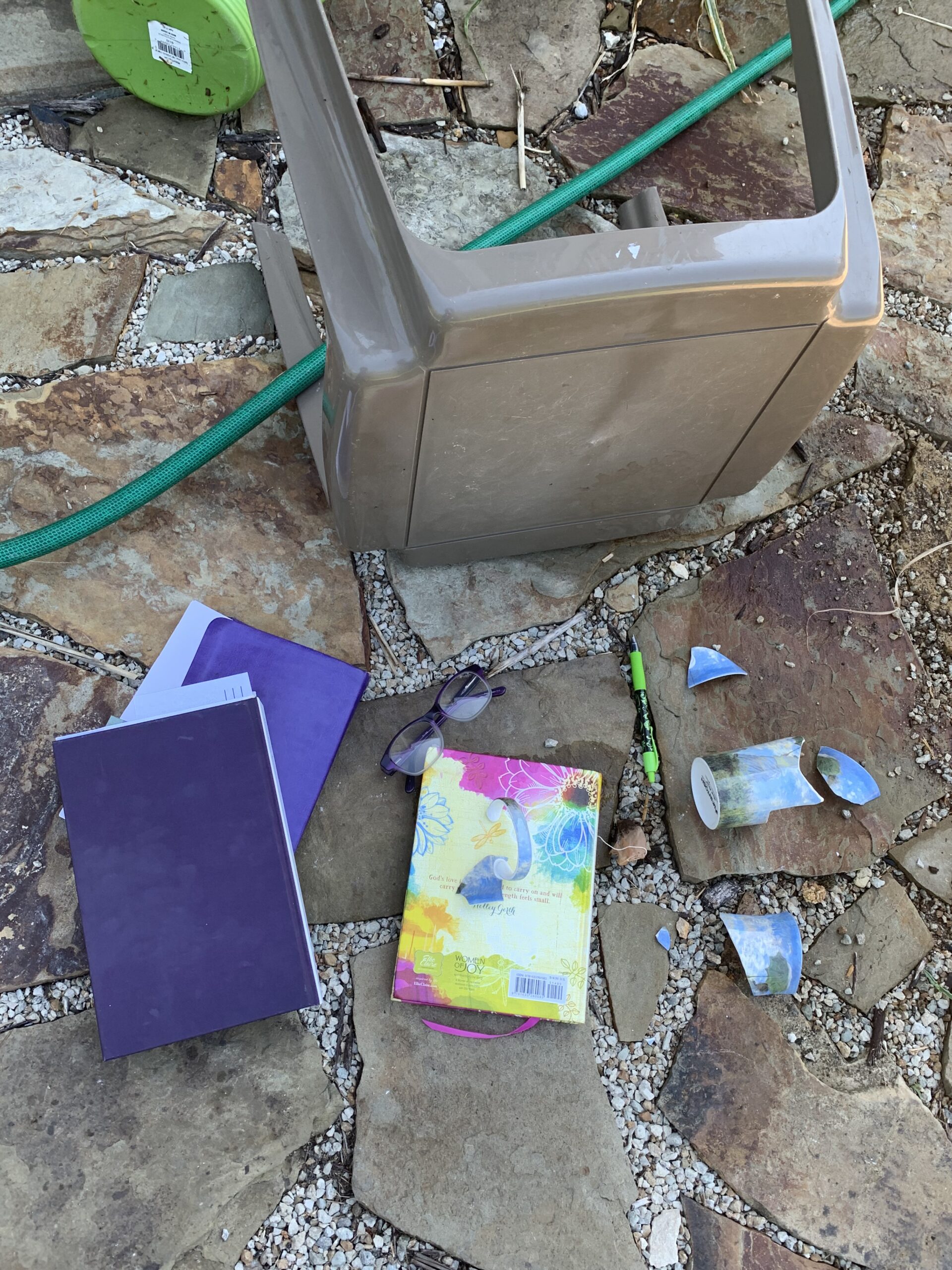
Don’t Force It!
I yanked the hose hard. I heard a thud mixed with the tinkling sound of shattered porcelain. I went and looked; sure enough, I had knocked down the side table my Bible, journal, glasses, and tea mug sat on. My heart sank as I picked up the pieces of the broken masterpiece. This mug was part of a set of four Claude Monet cups my daughter had given me for Christmas—a treasured gift. This one had been my favorite, Woman with Parasol. It reminded me of my great-grandmother Burton.
How many times did I hear my mom and dad caution me, “Don’t force it, Teri; you’ll break it?” How often have I given that same advice to my children and husband? If I had a penny for each time, I bet I could buy a replacement mug or a whole new set. Holding the fractured portrait in my hand reminded me people are fragile too. We can’t force them to be who they aren’t. We can’t force them to understand us or meet our expectations. When we do, the results hurt more than losing a mug.
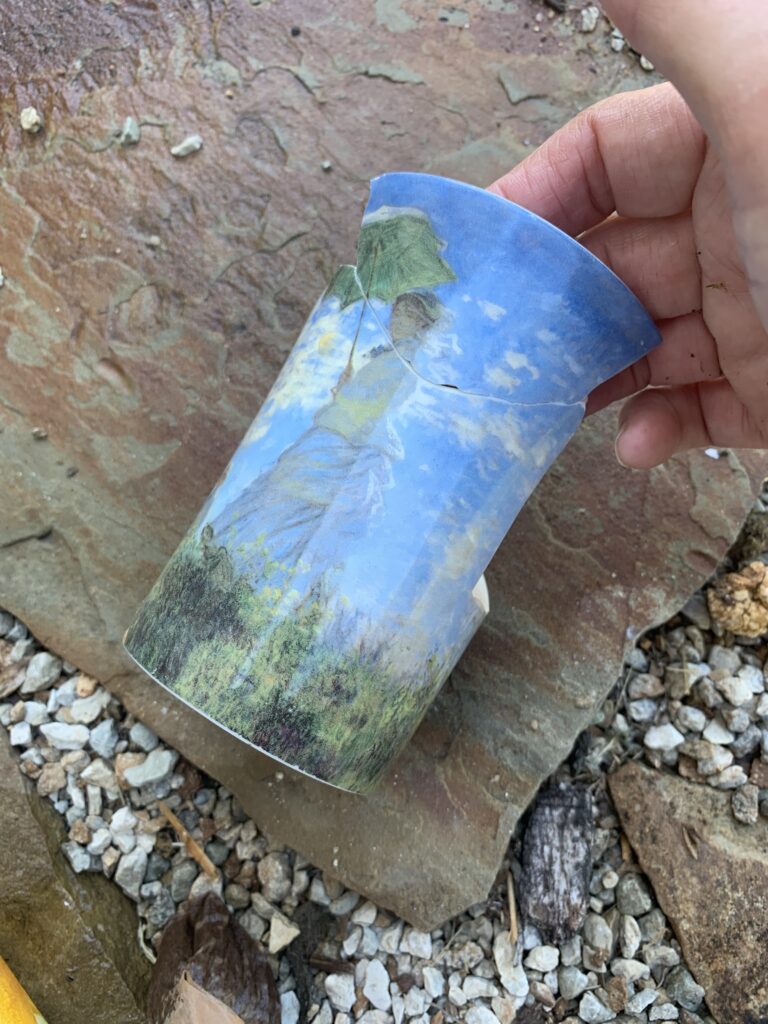
Just yesterday, I yanked my husband too hard. I felt fragile and in need of empathy. I thought I had made myself clear. I’d been feeling this way on and off for two weeks, but yesterday—his day off—I expected some undivided attention. I waited until we went for lunch. He commented he was stuffy. I knew that. I even suspected he had a cold, not just allergies like he thought. Yet, I persisted to let him know how I felt. He didn’t get it. Most of us have trouble understanding when our heads are stuffy. He kept missing ques, and I got angry. At one point, I called him a bonehead. There’s no excuse for name-calling, even if it is descriptive. We worked through the tension. I confessed my unrighteous anger; he confessed his insensitivity. This conflict isn’t our first rodeo in forty years; we’ll keep working through our boneheaded moments because that’s what love does.
With patience and persistence, we can grow in understanding others, and they grow in understanding us. Faithful friends don’t dash our expectations on purpose. My dad used to tell my mom when he failed her expectations, “I fail telepathy.” Few are telepaths that can read minds. Most of us need clear articulation and repeated patient instruction.
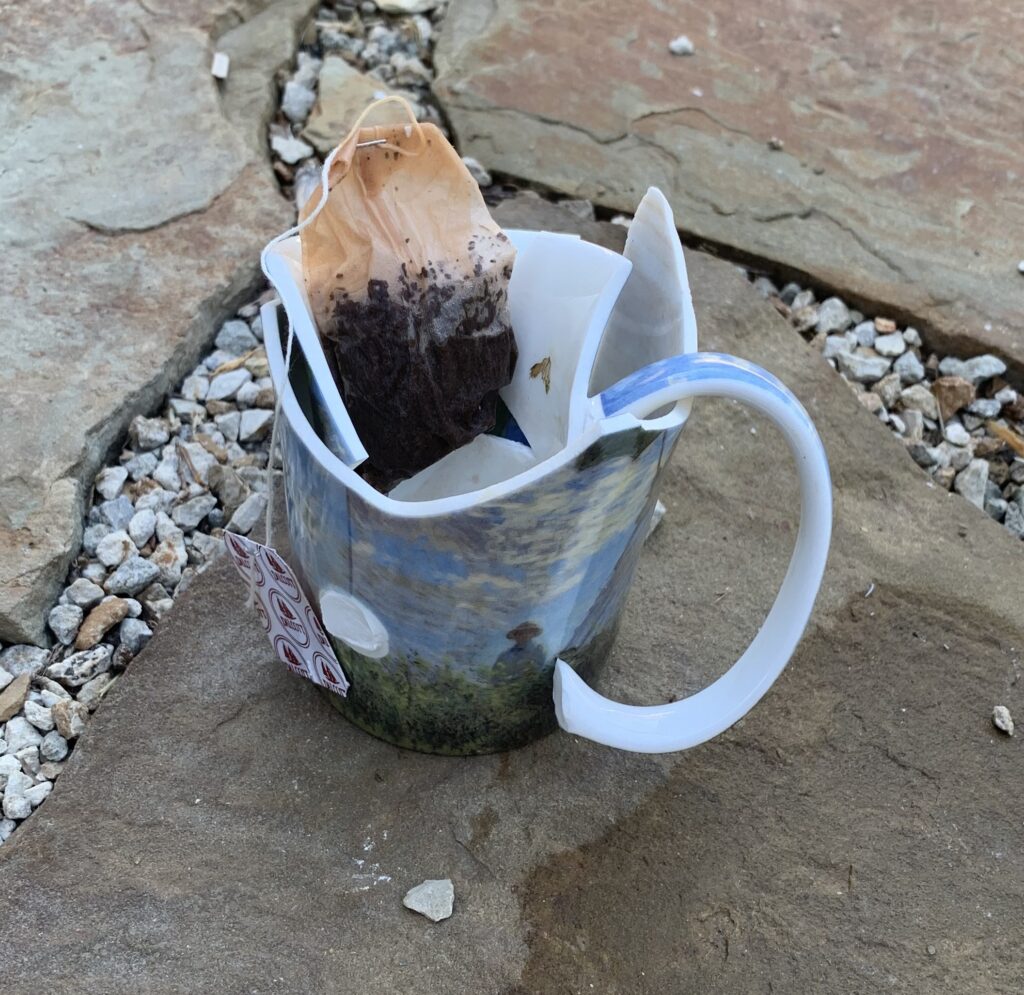
If I had only gone back and checked to see what the hang-up with the hose was, I would not have shattered a mug. Today if we’re struggling in a relationship, let’s quit yanking others around to get us. Let’s treat them like Bone China not boneheads. Let’s go back to trying to understand them and gently explaining what we want from them. Let’s take these reminders from Scripture to heart today:
“A fool has no delight in understanding, But in expressing his own heart.” Proverbs 18:2
“He who answers a matter before he hears it, It is folly and shame to him.” Proverbs 18:13
“So then, my beloved brethren, let every man be swift to hear, slow to speak, slow to wrath; for the wrath of man (and woman) does not produce the righteousness of God.” James 1:19-20







